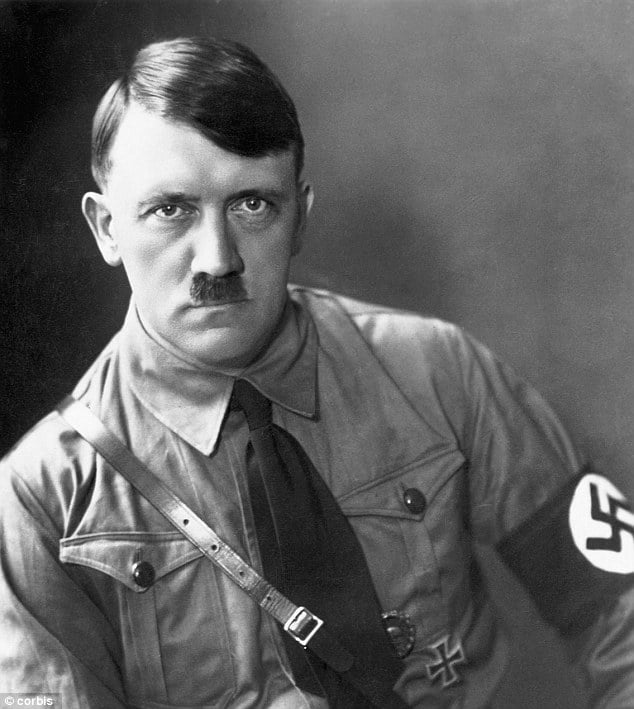Adolf Hitler: a name that evokes strong emotions, from anger and disgust to fear and fascination. As we reflect on history, the memory of Hitler and his reign of terror raises profound questions about humanity, power, and the consequences of unchecked ideology. Navigating the complexity of historical memory surrounding Hitler requires us to delve into the depths of his impact and the lessons we must learn from it.
Understanding Hitler’s Rise to Power
Adolf Hitler was born on April 20, 1889, in Braunau am Inn, Austria-Hungary, and his journey to becoming the dictator of Nazi Germany is a chilling reminder of the dangers of unchecked extremism. His early life saw him move to Germany in 1913, where he found his calling in politics. After serving in World War I and experiencing the turmoil of post-war Germany, Hitler’s fiery rhetoric found resonance among a population grappling with economic hardship and political instability.
The Nazi Regime: A Dark Chapter in Human History
Hitler’s ascension to power in 1933 marked the beginning of one of the darkest chapters in human history. As the leader of the National Socialist German Workers’ Party, or Nazi Party, Hitler wielded absolute control over Germany, instituting a regime characterized by propaganda, persecution, and oppression. His anti-Semitic ideology laid the groundwork for the Holocaust, a systematic genocide that claimed the lives of six million Jews and millions of others deemed undesirable by the Nazi regime.
The Horrors of World War II
World War II, sparked by Hitler’s aggressive expansionist policies, plunged the world into chaos and destruction on an unprecedented scale. Hitler’s invasion of Poland in 1939 ignited the conflict, leading to years of bloodshed and suffering across Europe and beyond. The war’s toll, both in terms of human lives lost and infrastructure destroyed, serves as a stark reminder of the devastating consequences of unchecked aggression and nationalism.
The Legacy of Destruction
As Hitler’s forces swept across Europe, leaving a trail of devastation in their wake, the world witnessed the true extent of his ruthlessness. From the battlefields of Europe to the death camps of Auschwitz and Treblinka, Hitler’s regime unleashed unspeakable horrors upon millions of innocent people. The scars of this period still linger, serving as a haunting reminder of the depths of human depravity and the importance of vigilance against tyranny.
Remembering Hitler: Lessons for the Future
In remembering Adolf Hitler, we must confront the uncomfortable truths of history and acknowledge the role each of us plays in shaping the future. Hitler’s rise to power was not inevitable; it was the result of a series of choices made by individuals and societies alike. By studying his life and the events that led to his ascension, we gain valuable insights into the dangers of extremism, the fragility of democracy, and the importance of standing up against injustice.
Conclusion: Honoring the Victims, Learning from the Past
As we navigate the complexity of historical memory surrounding Adolf Hitler, we must never forget the millions of lives lost and the untold suffering endured under his regime. Honoring the memory of the victims of the Holocaust and World War II requires us to confront the darkest chapters of our history with honesty and humility. By learning from the past and committing ourselves to building a more just and compassionate world, we can ensure that the horrors of Hitler’s reign are never repeated.
In conclusion, remembering Adolf Hitler is a sobering reminder of the power of ideology, the consequences of hatred, and the importance of vigilance in safeguarding democracy and human rights. By navigating the complexity of historical memory with empathy and understanding, we honor the victims of the past and strive to create a better future for generations to come.

